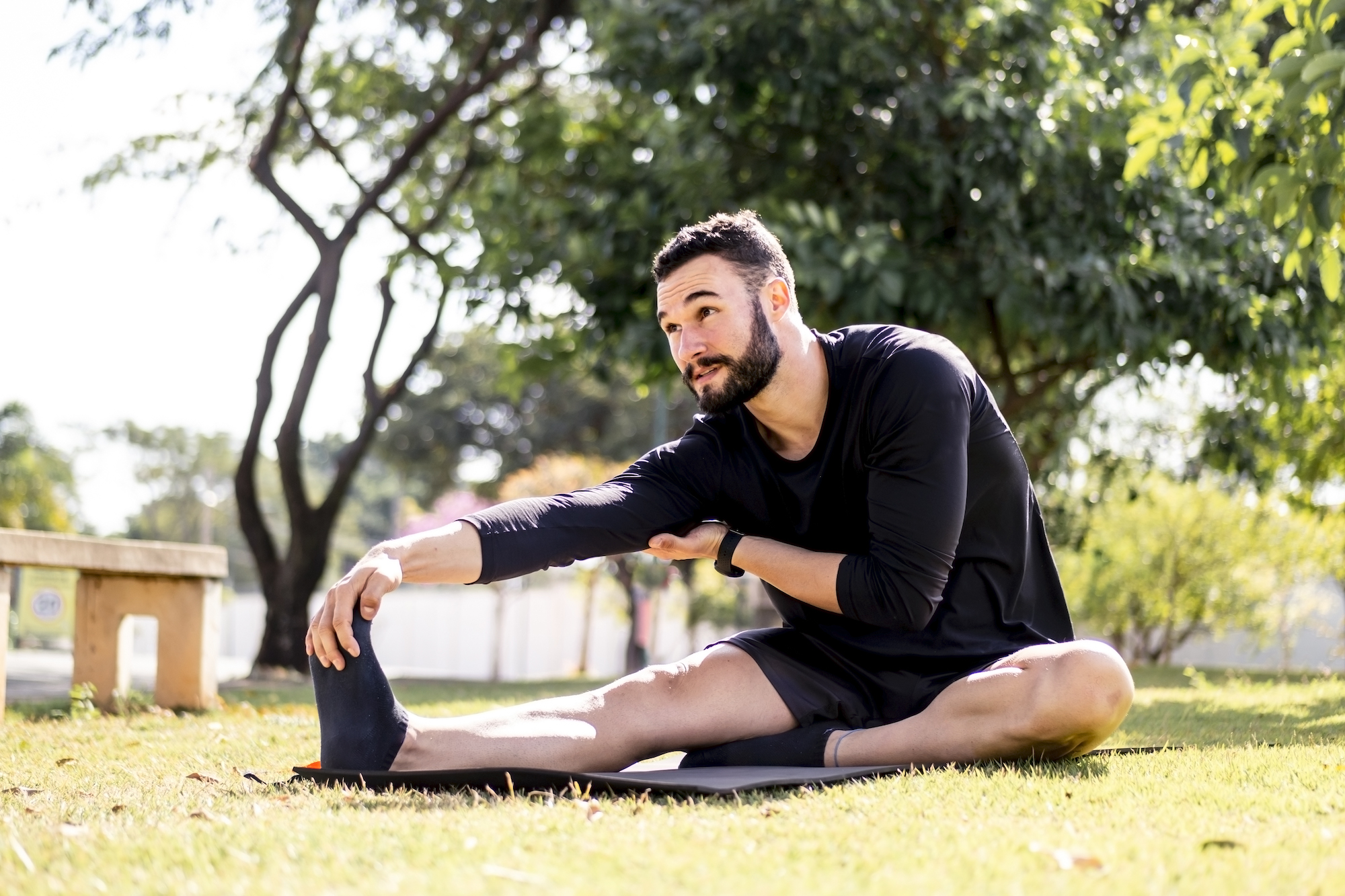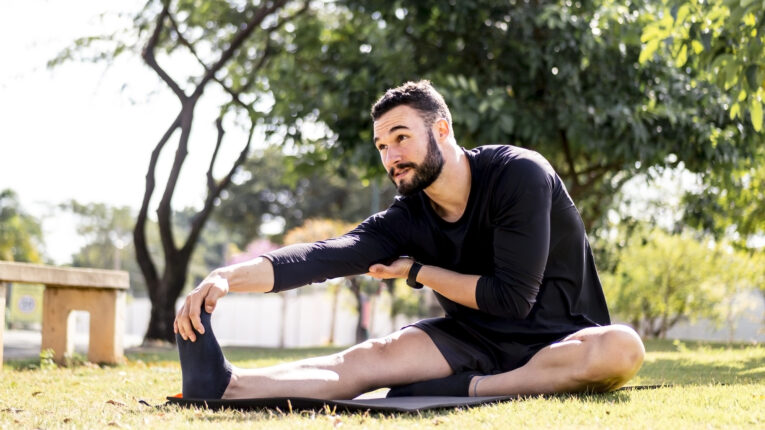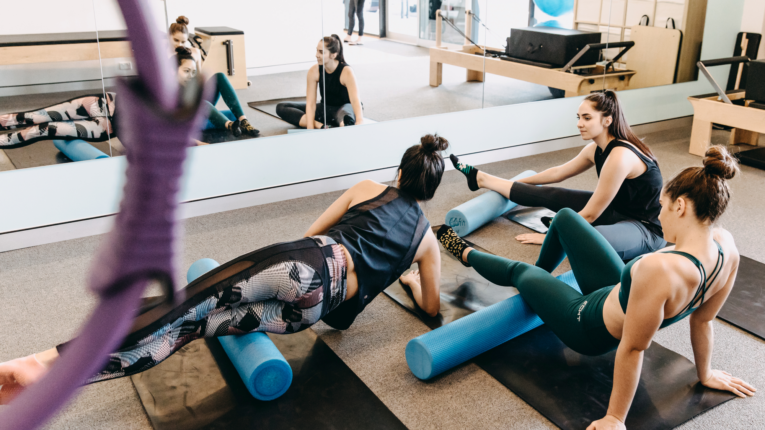Tight muscles? How a physio can help with flexibility and strength
By Kitty Shaw

Tight muscles? How a physio can help with flexibility and strength
Flexibility and strength are both common goals for people when visiting a physio, so if there’s tightness you’re looking to tackle (or you just want to touch your toes) – read on.
While the internet is a busy business of videos and guides to get flexible, build strength, and feel great – consulting with a qualified physiotherapist is always a good idea before starting any new exercise routine. Especially if you’re experiencing any pain or tightness while stretching certain muscles. HBF Physio, Jordan has been a physiotherapist for 10 years, and takes a keen interest in treating acute as well as persistent spinal pain conditions, sporting injuries and post-operative orthopaedic rehabilitation.
What do we mean by flexibility vs strength?
According to Physiopedia, flexibility refers to the ability of muscles, joints, and soft tissues to move through an unrestricted, pain-free range of motion.
Flexibility plays an important role in movement and wellbeing – inadequate flexibility can impact joints, lead to easily tired muscles, and could lead to issues with other muscle groups.
Muscle strength is defined as the ability of a muscle to tighten (contract) and produce maximum force in a single effort. Strength training with a physio can help rebuild and strengthen your muscles, especially those that may have weakened due to injury, surgery, or prolonged inactivity.
So, if muscles are tight, should you be stretching or strengthening?
Stretching plays such an important role in muscle support – but when it comes to making our muscles long and strong, strengthening is what we should be looking at doing. If you are looking for long-term changes in muscle length then research would suggest eccentric muscle strengthening exercises give the best long-term changes in flexibility. A physio can explain this more – and get you on the road to strong muscles that respond to stretching. With stretching and strengthening, the type you choose really does depend on the context of your activity. If you’re getting ready for a basketball game or to do a workout then dynamic stretching or sports-specific stretching should be aimed for – and will better your performance. Static stretching can help give you some temporary relief, if you’re feeling a little sore or tight and a physio can help tailor a stretching plan to match your muscles and lifestyle.
How an HBF physio can help you with tight muscles
According to Jordan, there are lots of ways a physiotherapist can help you build strength. A physiotherapist is trained to prescribe you appropriate exercises to help you build strength and capacity for your required goal.
This can be a prescription of home exercises to do daily, writing a gym program, or working with you closely through clinically supervised exercise sessions.
For more specific conditions such as hip/knee osteoarthritis, we also help build strength by facilitating the GLA:D® program
Improving flexibility has a wealth of benefits ranging from but not limited to reducing pain, preventing injury, reducing feelings of stiffness, and keeping your muscles and joints healthy and pliable.
Consider your physio your go-to ‘flexibility coach’ if you like and get excited about hitting goals and feeling strong.




